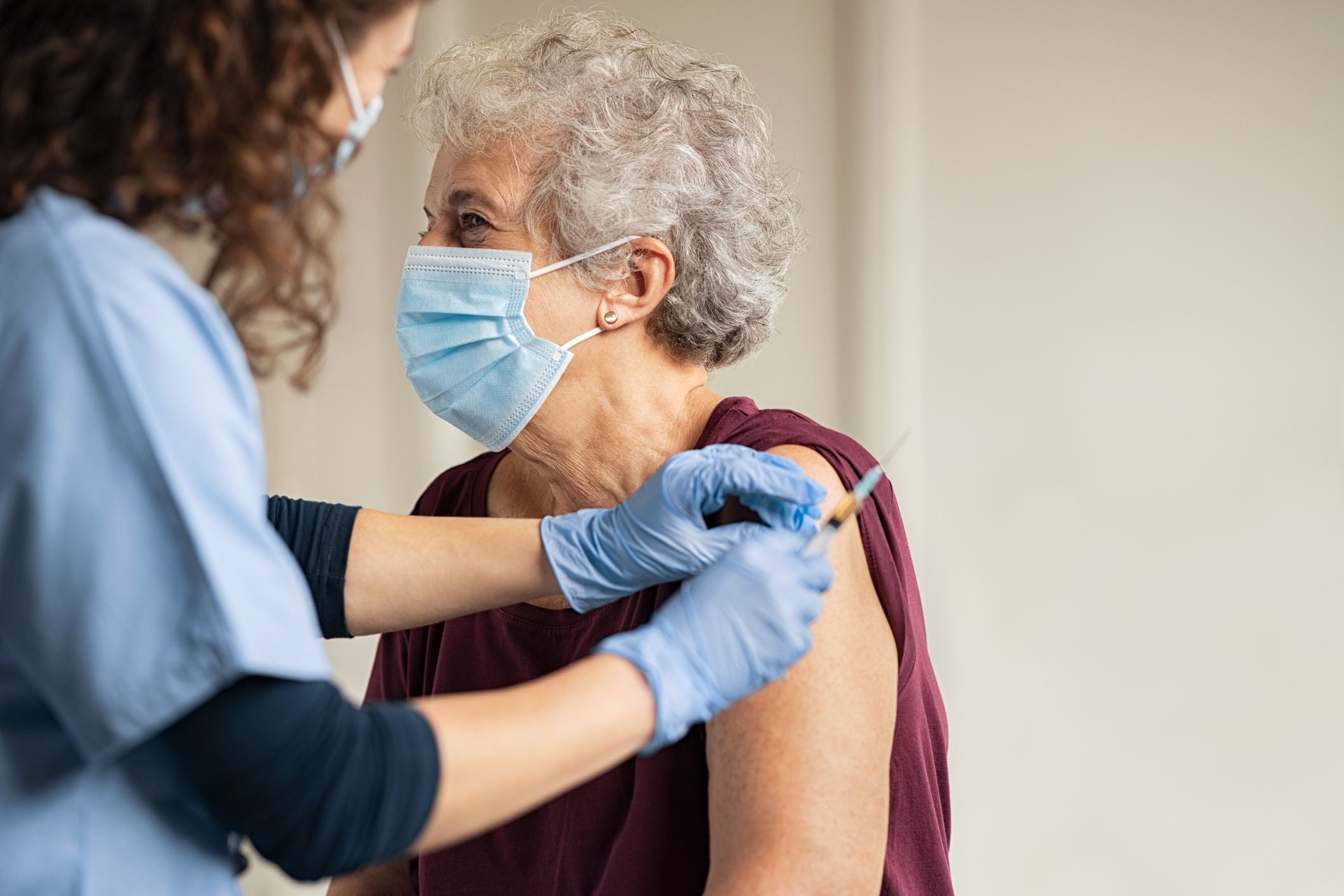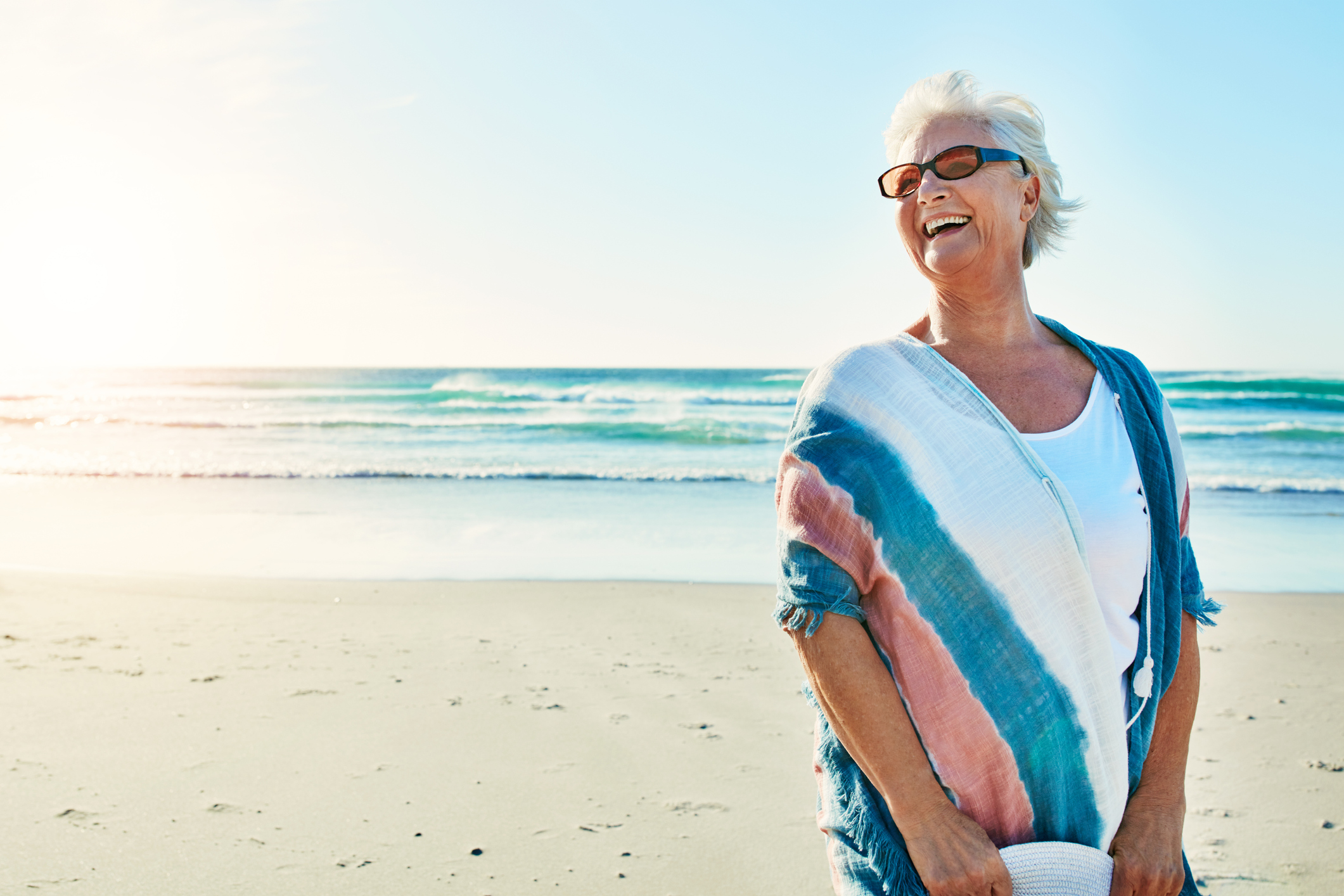The Facts About RSV
You’ve probably heard you should be getting vaccines for the flu and COVID-19. But did you know you should also get a vaccine for Respiratory Syncytial Virus (RSV)? We’re here to tell you more.
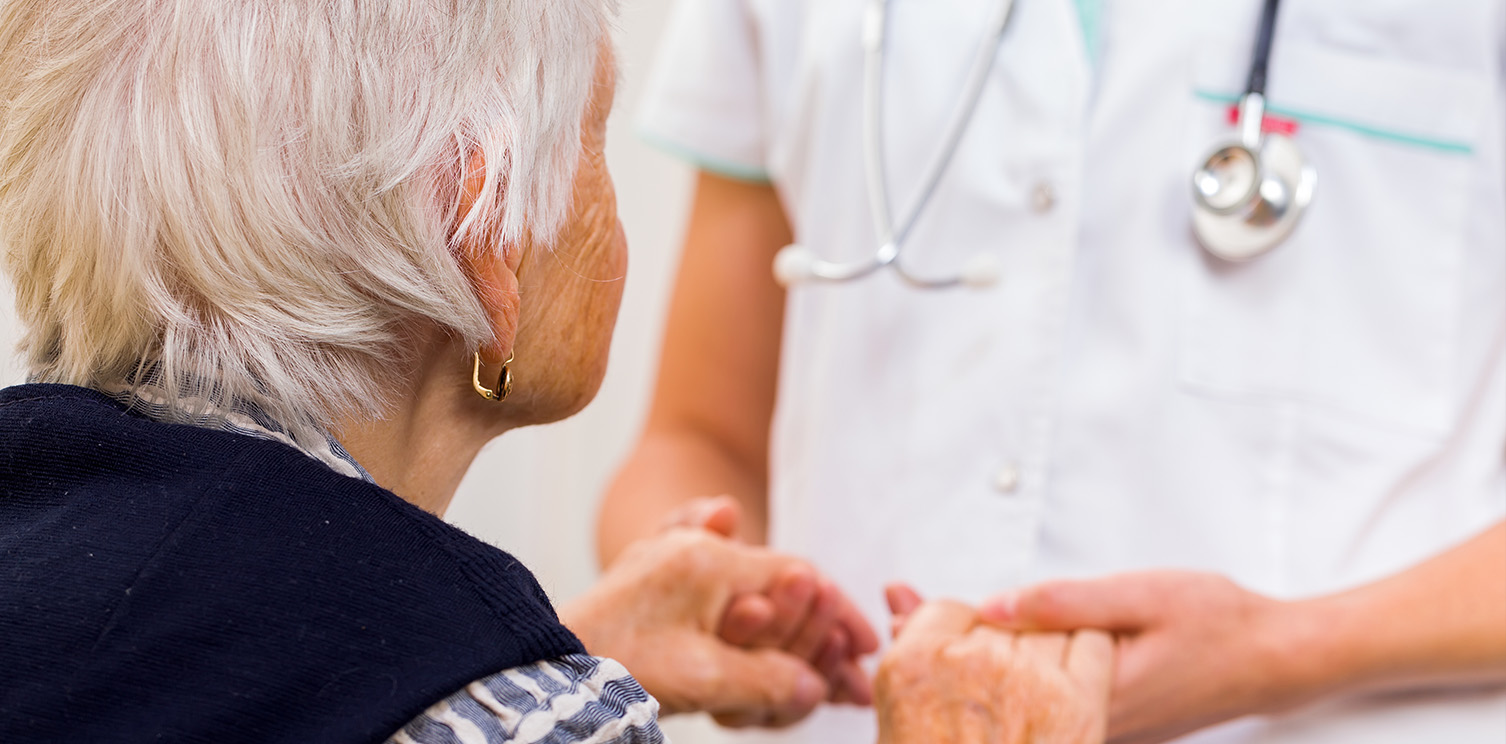
RSV Can Cause Health Problems for Older Adults
RSV is a virus that causes mild symptoms like those you have with a cold. Most people get better in a week or two. But sometimes RSV can linger and lead to other more serious conditions.
Every year, about 60,000 to 160,000 older adults in the U.S. are admitted to the hospital with RSV. About 6,000 to 10,000 die each year due to complications from it. Adults who have the highest risk for severe infection may fit any of the following conditions:
- They’re over age 60.
- They have chronic heart or lung disease.
- They have weakened immune systems.
- They have other underlying medical conditions.
- They live in nursing homes or long-term care facilities.
Severe RSV Infection
With an RSV infection, older adults and those with weakened immune systems may get a lung infection or pneumonia. RSV can sometimes make these following conditions worse:
- Asthma
- Chronic obstructive pulmonary disease (COPD) – a lung disease that makes it hard to breathe
- Congestive heart failure – a disease where the heart doesn’t pump enough blood and oxygen through the body
Older adults are at greater risk than young adults for complications from RSV. This risk could be due to chronic conditions you’re dealing with. But it could also be because our immune systems are weaker as we get older. The bottom line: RSV could land you in the hospital.
But if you aren’t seriously sick, you can take several steps to help you recover. Like getting plenty of rest and:
- Drinking plenty of liquids
- Using over-the-counter medicines for pain or fever
- Using saline nose drops
- Avoiding cigarette smoke
Protect Yourself With a Vaccine
RSV vaccines can help protect adults over age 60 from RSV. Talk to your doctor to see if a vaccine is right for you.
If you’re approved to get an RSV vaccine, you can do it when you get other yearly vaccines, like flu or COVID-19. You can also visit the CDC’s site to find where you can get a vaccine near you. Best of all, if you have Braven Medicare Freedom (PPO) or Braven Medicare Choice (PPO) the vaccine is covered at no cost for you through your Part D benefits if you get the RSV vaccine at a participating network pharmacy.
Other Steps to Take Against RSV
In most parts of the U.S., RSV season starts in the fall and peaks in winter. If you’re high-risk for severe RSV, or if you interact with an older adult, you can take these steps:
- Wash your hands often with soap and water for at least 20 seconds. If soap and water aren’t nearby, use a hand sanitizer. Washing your hands will help protect you from germs.
- Don’t touch your face with unwashed hands. It’ll stop the spread of germs.
- Avoid close contact with sick people, like kissing or hugging. Don’t share cups or eating utensils with people who have cold-like symptoms.
- Cover your nose and mouth with a tissue or your upper shirt sleeve when you cough or sneeze. Throw away the tissue in the trash.
- Clean surfaces and objects that people touch all the time, like toys, doorknobs and phones. When people with RSV touch surfaces and objects, they can leave germs there. Also, when they cough or sneeze, droplets of germs can land on surfaces.
- Stay home if you’re sick. Don’t go to work, school or public areas when you’re not well. Staying home will protect other people from getting sick.
Popular Tags:
Previous Article
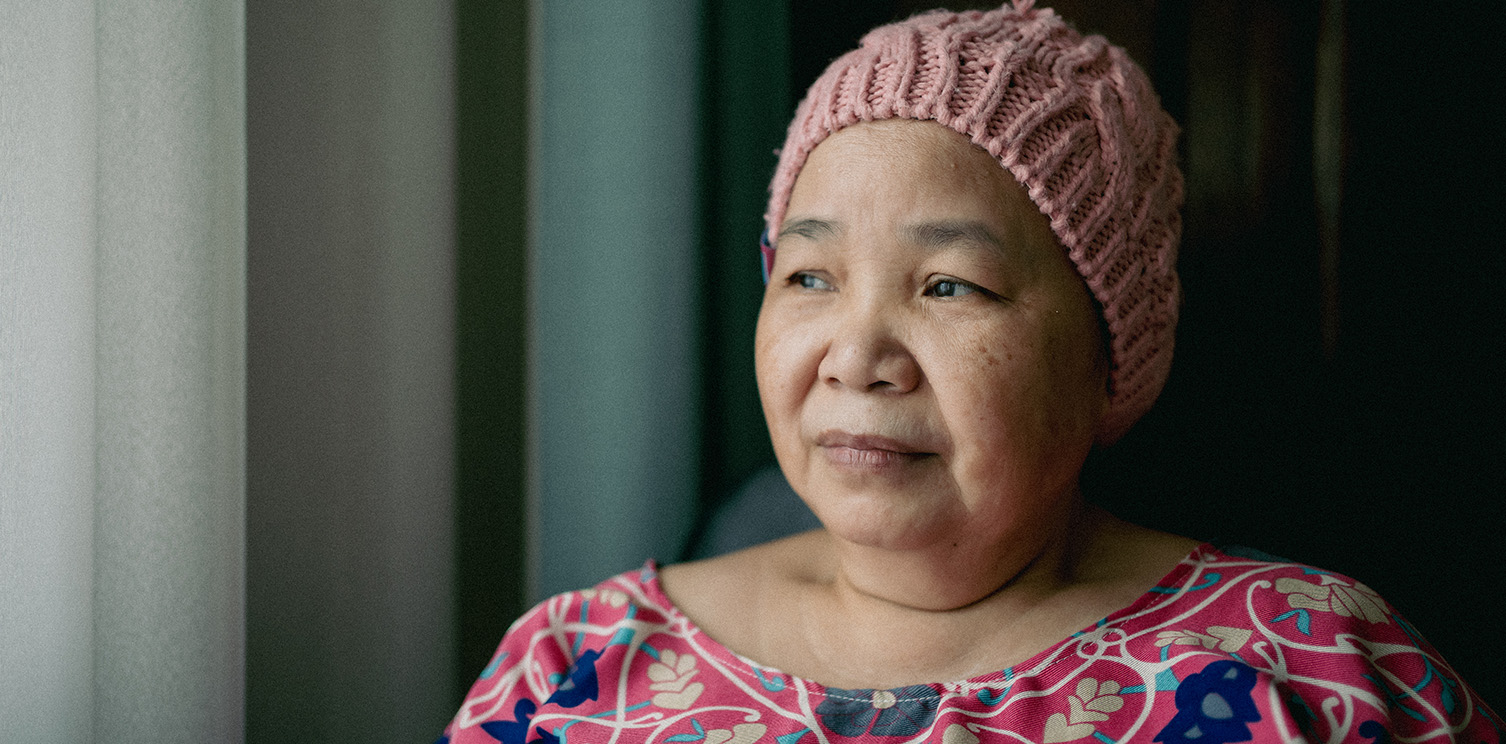
Managing Your Pain
Next Article
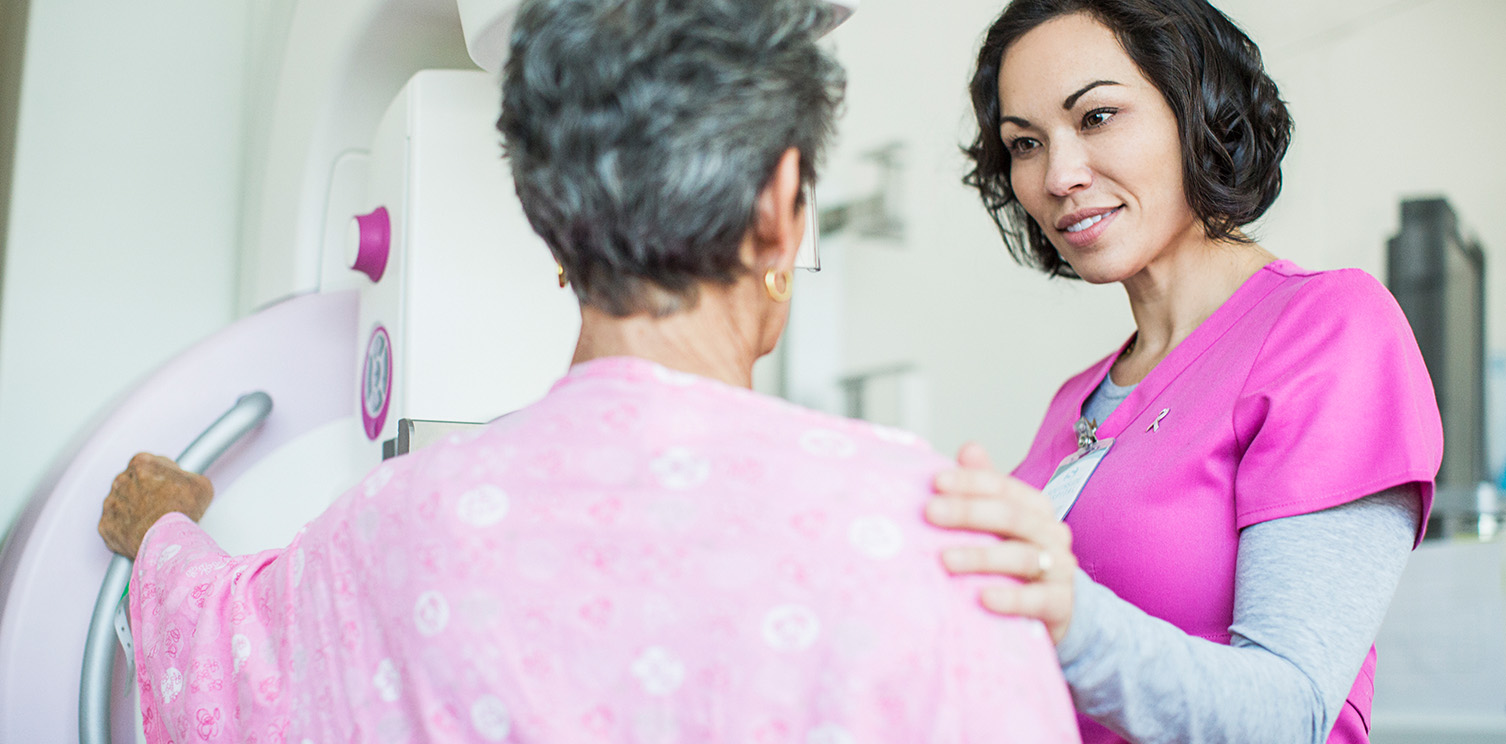
Is It Time for a Mammogram?

Wellness Starts With Us.
Subscribe for updates.
By providing your email address, you agree to receive communications from Braven Health via email.
Fields marked with an asterisk (*) are required.
Thanks for subscribing.
We just sent you an email to confirm your subscription. Please check your spam/junk folder if you can’t find our email.


